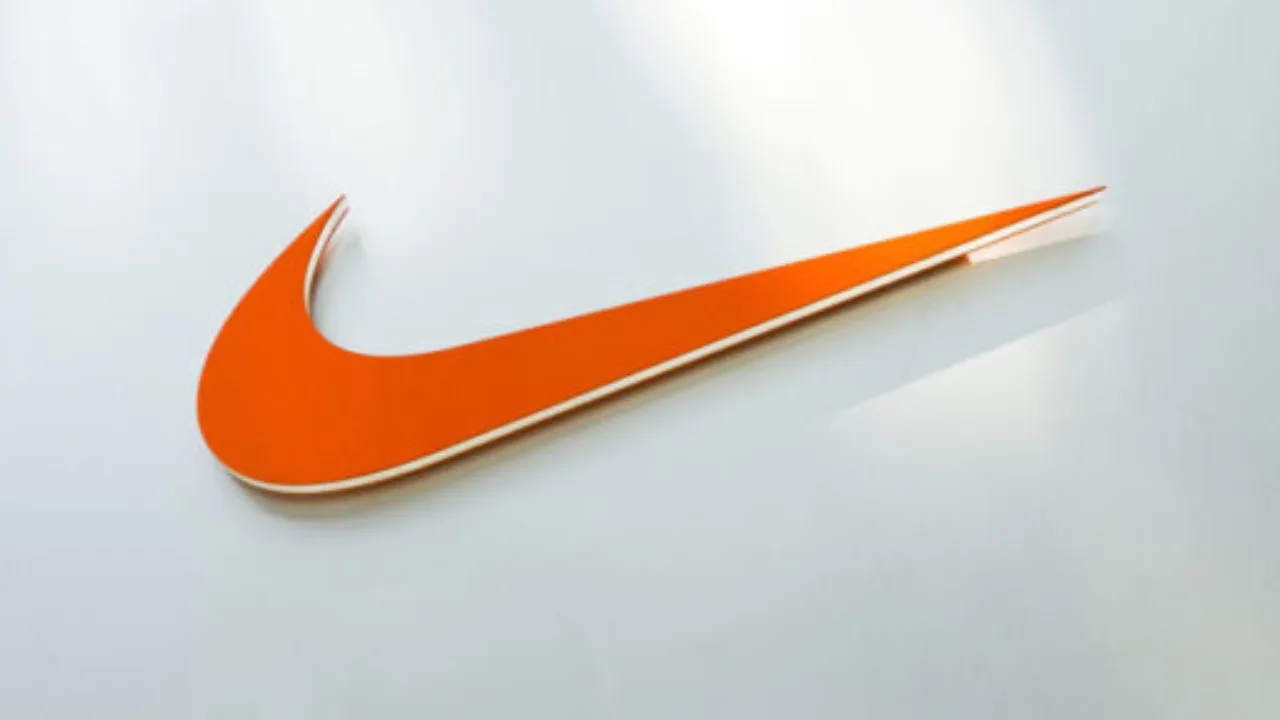For sports and activewear manufacturers like Adidas, Nike, New Balance and others, footwear is the primary source of income, followed by apparel.
A 2022 report by Nike stated that 66% of the company’s worldwide revenue comes from footwear, while apparel contributes to around 30% of the top line.
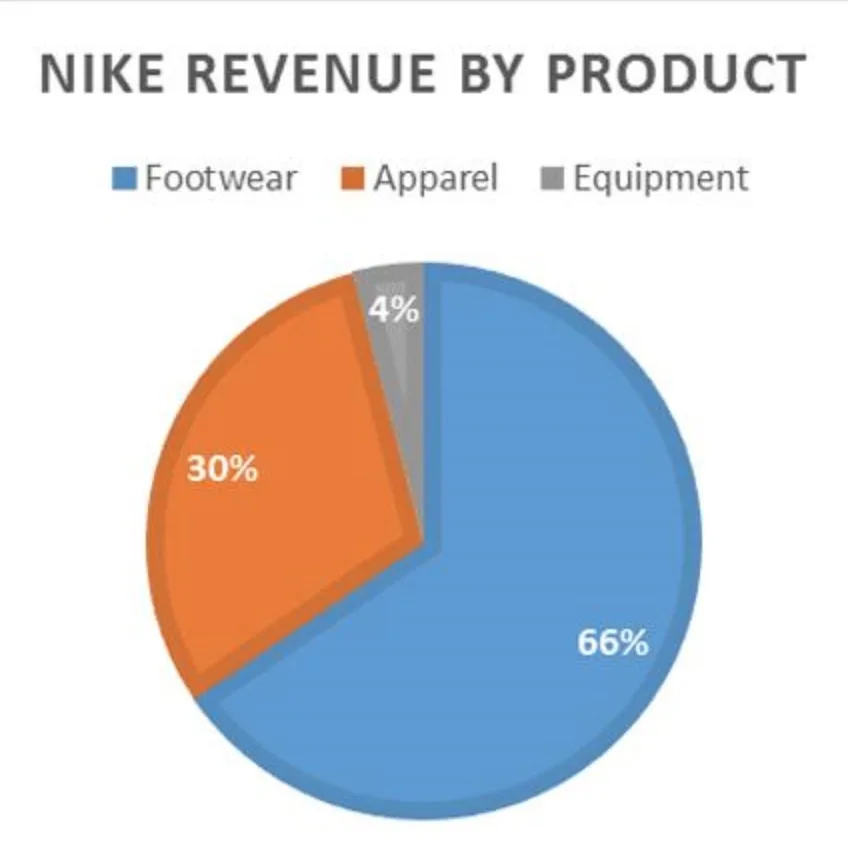
Authentic and replica kits form a large part of the apparel for these companies. While companies do have their own fashion and branded lines, nothing sells as regularly as a football club kit.
The volume of sales is so much that manufacturers are ready to pay exorbitant amounts to secure rights to a club and become their official partners, like Adidas recently did with AS Roma.
And while some fans will buy a club or international kit season-on-season regardless of the aesthetic, a vast majority would only purchase one if the shirt looks beautiful or represents something.
This explains why manufacturers try to nail every kit they launch, to try and sell as many as they can.
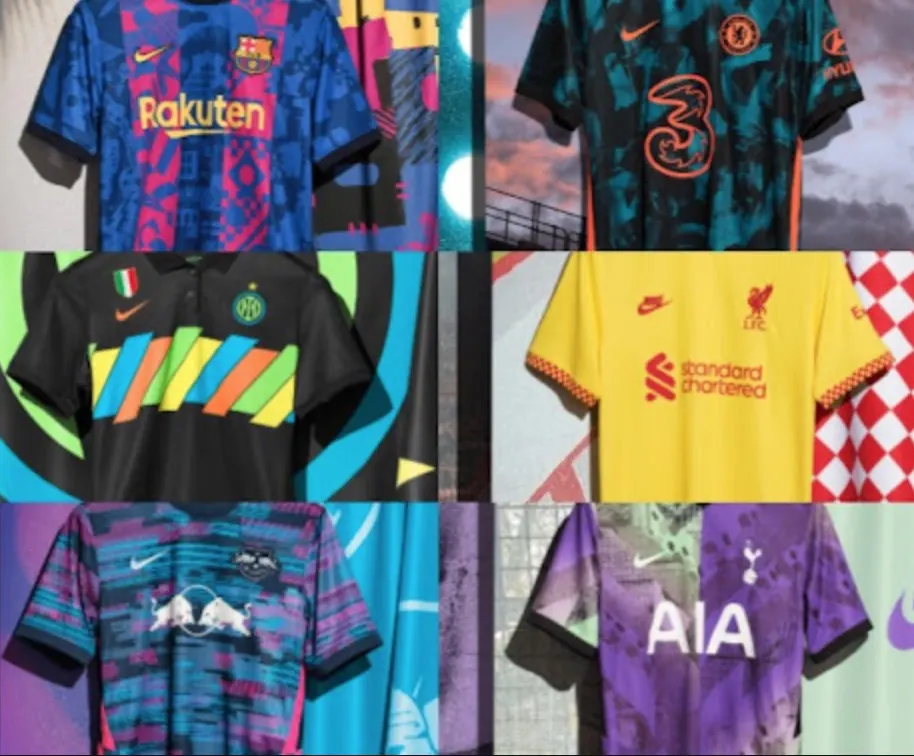
However, the sheer volume of kits sold is not enough to generate billions in revenue. What also comes in handy is the cheap cost of production, raw materials and shipping.
Unsurprisingly, most companies source from regions of Asia like China, Bangladesh and Vietnam and they like.
In fact, a staggering 75% of Nike’s suppliers are based out of Asia, followed by approximately 19% in America.
In 2019, around 40% of Nike’s production, predominately apparel, happened in only two countries: China and Vietnam, such as the reliance of the American company on Asia.
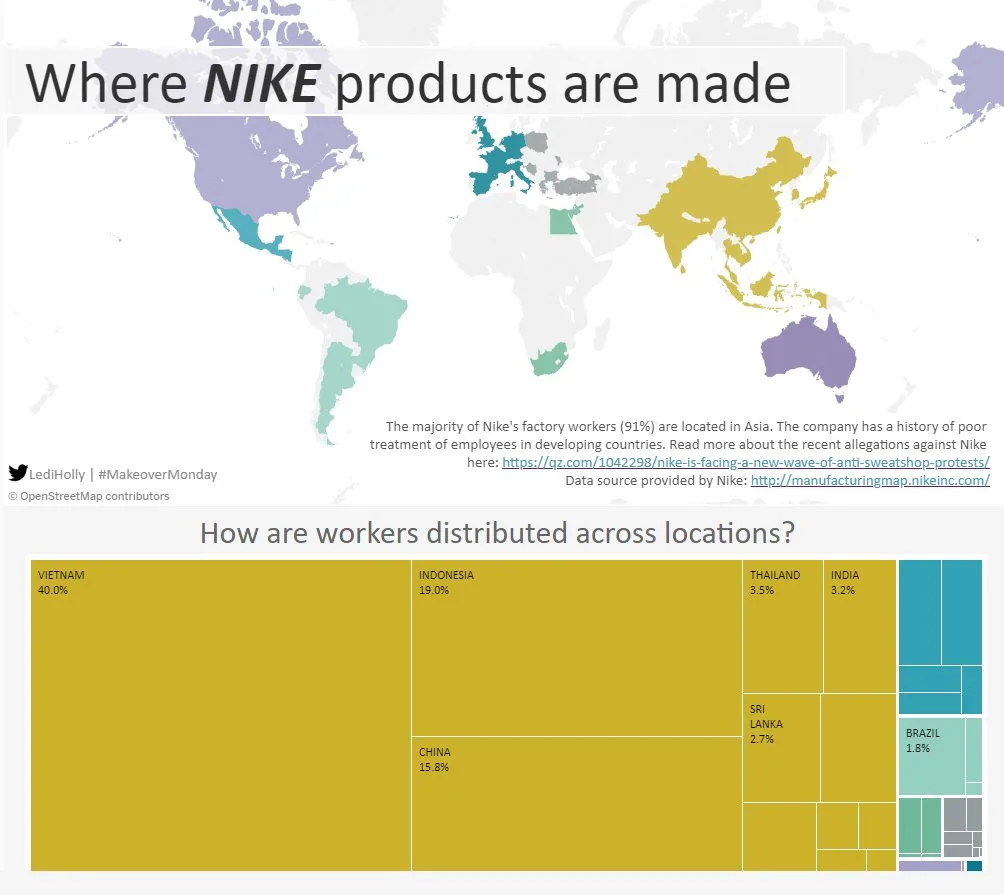
While the percentages may have gone down since the pandemic started, a large portion of Nike’s stock still comes from the cheaper Asian continent.
To continue making high profits, it is imperative to keep costs down and volumes up.
Lately, while the volumes are still up, the costs have started to go up as well.
This is because of the rising costs of raw materials and the cost of transportation.
While it may still be the cheapest option out there, the fee of shipping across oceans is no longer as low as it was earlier, due to reasons like oil prices and taxes and levies.
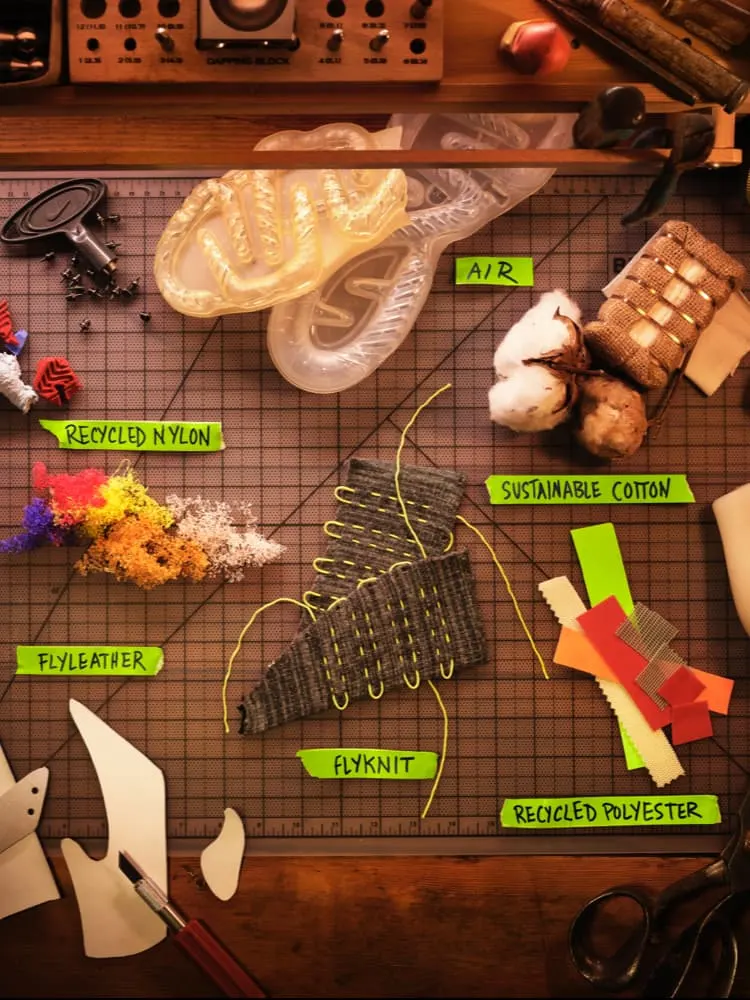
Raw materials like cotton and nylon are also expected to be pricier by 1-4% while the price of labour is set to increase by 11-15%.
To counter this, Nike has decided to up their kit prices going into next season, as reported by La Source Parisienne.
The tweet translates to:
[ SOURCE INFO ] Nike is also hit by the crisis. Increase in the price of raw materials and the cost of transport, the price of jerseys will go up next season. The stadium will go from 90 to 95 € , the Vapor will go from 140 to 150 € . Adidas is also expected to raise its prices.
This comes after Adidas’ decision to increase their prices by 5-10% earlier this year for a similar reason.
Nike’s replica kit is expected to rise by 5.5% to 95€ while authentics are expected to rise by 7% to 150€.
Some accused the kit makers of using this crisis as a reason to raise prices.
Translation: Wowww they will pay 30 cents more for the production and hop 10 € more for the jerseys. What a bunch of dogs.
Whatever the reason, can we really blame a company for trying to make more profits?
What will be more interesting to see is whether Nike manages to sell an equal, or even more, number of kits than they sold this year.
They will certainly have to do a much better job at making kits than they have done for the World Cup if they want to stand a chance.

